Editors Note: Duke University Press allows us free access to one selected journal article or forum published in each issue of Labor: Working Class History of the Americas. This issue had a roundtable forum on the popular show The Wire. We’ve asked Peter Cole to introduce the roundtable, and ask you to respond with your own reflections on the show or on the forum. -RF
David Simon’s television show, The Wire, attracted legions of fans among the general public and scholars for its vivid, depressing, and undeniable portrayal of Baltimore in the first years of the 21st century. Given the “love” that this program received, a handful of labor historians, myself included, jumped on the bandwagon to share our perspectives. We hope that—given the depth, intelligence, and drama of the show—our fellow historians, other scholars, and even (gasp!) the 99% who are not professional academics would appreciate reading these essays and offering their thoughts on the issues we raised.
My essay tries to lay the foundation for the conversation by suggesting that Season 2, about the waterfront and more generally America’s declining industrial economy, illuminates not only Baltimore’s class and race dynamics but also cities across the United States and, indeed, beyond. Despite President Obama’s frequent touting of “in-sourcing,” the return of industrial jobs to the United States, the reality is that precious little manufacturing has returned. Instead, we read news about the shocking collapse of a building housing multiple textile factories in Bangladesh; at this moment, more than 500 workers’ bodies have been pulled from the rubble and hundreds more remain missing. The many parallels to the horrific disaster at the Triangle Shirtwaist Factory in New York City about one hundred years ago are too stark to miss. So long as wages are so pathetically low (under $40 a month), companies will be drawn to such nations. As Season 2 also explored, in addition to poverty wages American workers also must compete against technologies that companies deploy to further cut their workforces and labor costs. Welcome to global capitalism in the 21st century!

Jennifer Luff’s essay boldly examines themes Simon explored across the entire five-year run of the show, especially the entangled issues of corruption and morality in many urban institutions in the context of a collapsing economy that leaves everyone clawing for a piece of a diminishing pie. One reason so many love The Wire is because it deals with such complexities of life and work in ways that we can relate to all too well. Specifically, how do we live ethical lives when our workplaces and societies are full of shades of grey? Luff (and Jennifer Klein) suggest that our collective disgust, however, might disarm us by making us so hopeless as to become apathetic; alternately, we will focus our condemnation at other ordinary folks, like public sector workers, rather than the larger forces at work, namely “the merciless logic of capitalism.”
Thomas Jessen Adam’s essay reminds that America’s “good old days” were not so good, especially for women, as well as that there is nothing—inherently—inferior about a service-oriented economy. Indeed, unionized waitresses and waiters used to earn middle-class wages whereas, more recently, non-unionized restaurant workers are low-wage, part-time, and weak. Thus, one of The Wire’s greatest flaws is its limited exploration of women in the city at which Adams rightly takes aim and his false celebration of an industrial society; indeed, on Simon’s more recent show, Treme, he does a better job of demonstrating that not all work is manufacturing—musicians and cooks are workers, too.
Jen Klein’s wonderful intervention wraps up these essays by focusing her gaze on, perhaps, the most important of matters: who—or what—controls “the game” and how we might reduce their power. While Simon brilliantly illuminates many complicated issues, the show never reveals who really pulls the strings in Baltimore or the global economy. Nor does Simon indicate how this power structure might be challenged. That’s for the rest of us to figure out.


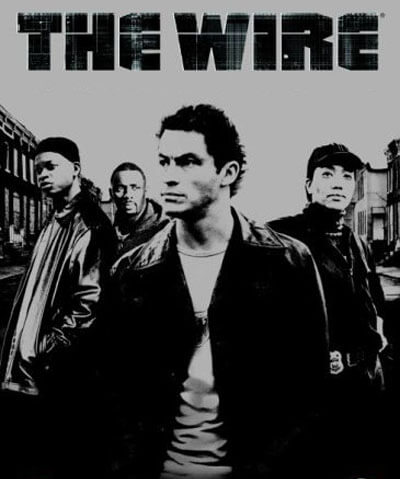

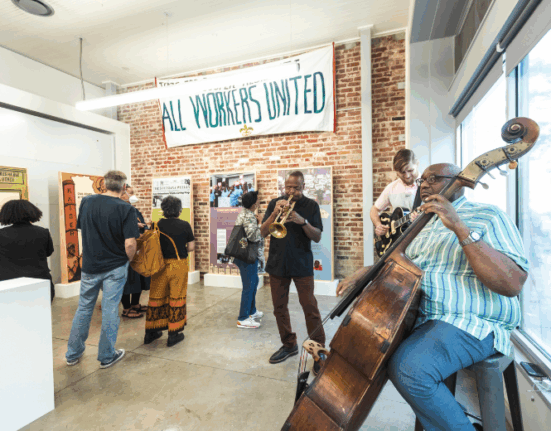
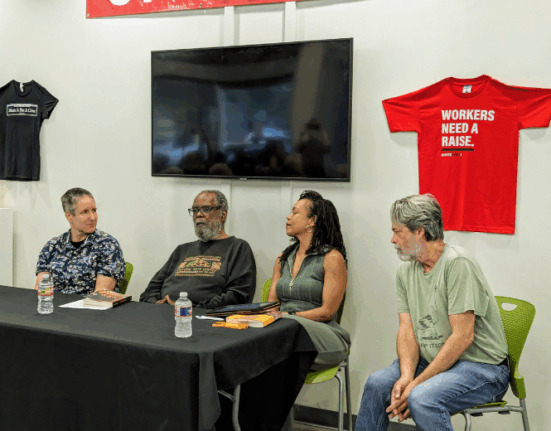

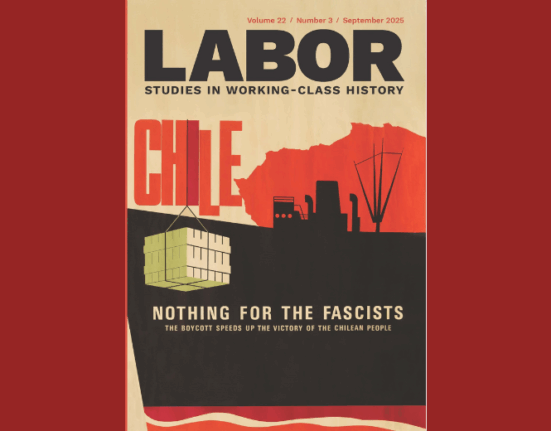
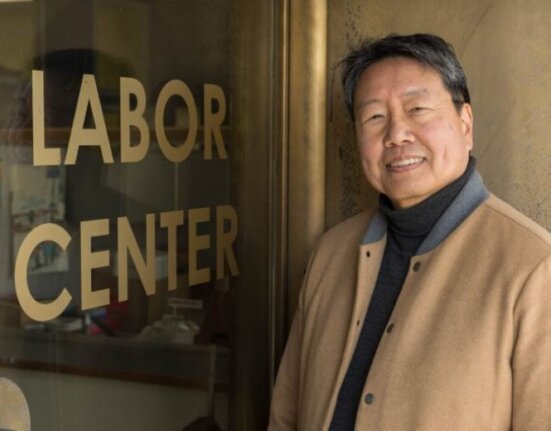
1 Comment
Comments are closed.